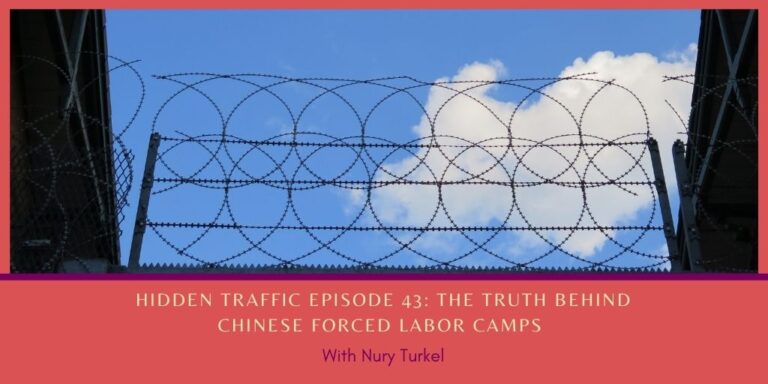Many of us may not realize the extent to which forced labor and unethical practices can influence the products we rely on every day. In this episode of The Hidden Traffic Podcast, Gwen Hassan and Nury Turkel explore the Uyghur Forced Labor Prevention Act (UFLPA) and the serious loopholes in global trade compliance. Their conversation reveals troubling gaps in the law, especially the de minimis rule, which allows items valued under $800 to bypass inspections when entering the U.S. Originally meant to streamline trade, this exemption has now become a tool for unchecked imports, including forced-labor goods and even illicit substances like fentanyl.
Nury highlights the urgency of corporate accountability, noting that UFLPA compliance is too often seen as a procedural task rather than a meaningful ethical commitment. He emphasizes that corporate leaders have the power to drive change, urging them to advocate for stricter enforcement and proactive measures across their supply chains. Nury’s perspective is clear: this isn’t just about regulatory adherence—it’s about embedding ethical practices that prioritize human rights and transparency in business operations.
Consumers, too, play a vital role in holding companies to higher standards. Increased public awareness and demand for responsibly sourced goods create a ripple effect, encouraging companies to be more transparent. Nury’s closing message to listeners is a reminder that each conscious choice contributes to a global movement against forced labor. By fostering accountability at every level, we can push toward a world where ethical practices are the norm, not the exception.
Resources:
Nury Turkel on the Web | LinkedIn | X (Twitter) | Hudson Institute Events
No Escape: The True Story of China’s Genocide of the Uyghurs



